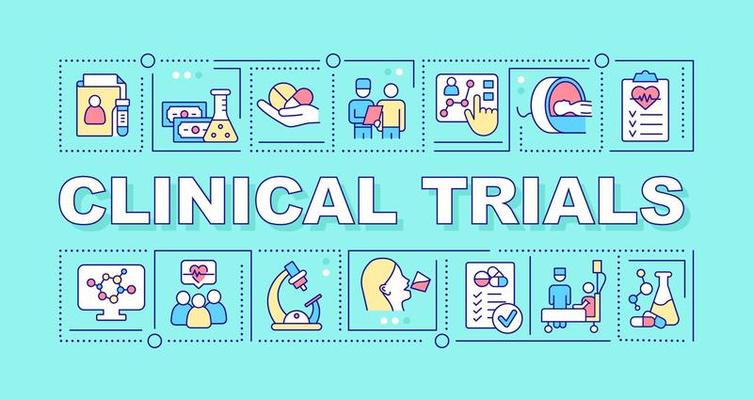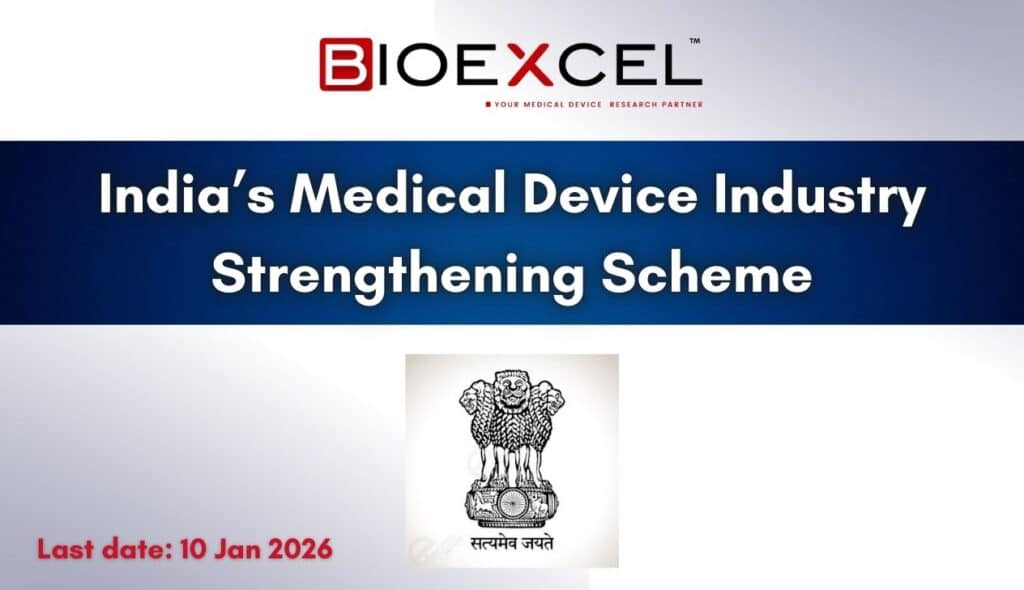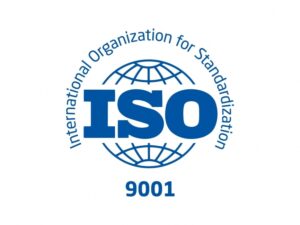Clinical trials ensure safety, efficacy, and regulatory compliance for MedTech devices, driving innovation and market success in the healthcare industry.
Why Clinical Trials Matter in MedTech
1. Ensuring Safety and Efficacy
The primary goal of clinical trials is to confirm that a new medical device is safe and works as intended. Through a series of controlled studies, MedTech companies can identify potential risks and benefits associated with their product, reducing the chance of adverse events once the device is commercially available. Patient safety remains the top priority, and well-structured clinical trials are designed to rigorously test devices under real-world conditions.
2. Regulatory Approval and Compliance
In highly regulated markets such as the US, Europe, and India, clinical trials are a non-negotiable step for obtaining regulatory approval. Regulatory bodies like the FDA, EU MDR, and CDSCO require robust clinical evidence to demonstrate that a device meets all necessary standards. Failing to conduct proper clinical trials can delay market entry or result in product recalls, damaging both reputation and revenue.
3. Market Acceptance and Credibility
For MedTech companies, clinical trials are a key to gaining trust from healthcare providers, patients, and investors. Published clinical data provides credibility and fosters confidence in the device’s ability to improve patient outcomes. Medical professionals are more likely to adopt new technologies backed by solid clinical evidence, and this trust can accelerate market penetration.
4. Risk Mitigation and Product Improvement
Clinical trials offer valuable insights that go beyond basic performance validation. They allow companies to identify unforeseen challenges, potential failures, and areas for improvement before full-scale commercialization. This process can save significant costs in the long run by avoiding post-market complications and costly recalls.
5. Paving the Way for Innovation
MedTech innovation thrives on evidence-based practice. Clinical trials not only validate existing technology but also pave the way for future developments. Through trials, companies can explore new applications, combinations, or enhancements of medical devices, driving continuous improvement in patient care.

Phases of Clinical Trials in the MedTech Industry
Clinical trials for medical devices often follow a multi-phase approach:
- Preclinical Testing: This phase involves testing the device in laboratories or through simulations to assess its basic safety and functionality.
- Pilot Trials (Phase I/II): Pilot studies are conducted on a small group of participants to evaluate the device’s safety and feasibility in humans.
- Pivotal Trials (Phase III): Larger, controlled trials test the device’s efficacy and monitor for any adverse effects. These results are typically submitted for regulatory approval.
- Post-Market Clinical Follow-up (PMCF): After regulatory approval, devices may undergo additional trials to monitor long-term safety, performance, and risk in a real-world setting.

The Role of Technology in Modern Clinical Trials
Digital transformation is revolutionizing the way clinical trials are conducted in the MedTech sector. Technologies like artificial intelligence (AI), wearable devices, and telemedicine are enhancing trial efficiency, data accuracy, and patient monitoring. AI-driven software is helping MedTech companies optimize patient recruitment, improve trial design, and analyze large volumes of clinical data in real-time, leading to faster and more accurate results.
Moreover, remote trials and wearable devices have enabled continuous patient monitoring, reducing the need for in-person visits and improving patient retention. This technological shift is reducing costs and accelerating the time it takes for life-saving devices to reach the market.
Conclusion: Why Clinical Trials Are Essential for MedTech Success
The MedTech industry is at the forefront of transforming healthcare, and clinical trials remain a cornerstone of this progress. Without clinical trials, medical devices cannot gain regulatory approval, market acceptance, or the trust of healthcare providers and patients. By ensuring that new devices are safe, effective, and backed by evidence, clinical trials help companies navigate complex regulatory landscapes and bring innovative solutions to patients in need.
For MedTech companies, investing in rigorous clinical trials not only ensures compliance but also builds a foundation for long-term success in the marketplace. As technology continues to advance, clinical trials will become even more critical in driving the next wave of healthcare innovation.
Optimize Your Clinical Trials with Bioexcel
At Bioexcel, we specialize in providing end-to-end clinical trial services tailored to the needs of the MedTech industry. From trial design to data management and regulatory submission, our team ensures your medical device is market-ready with the highest level of compliance. Contact us today to learn more about how we can support your clinical trial journey.












